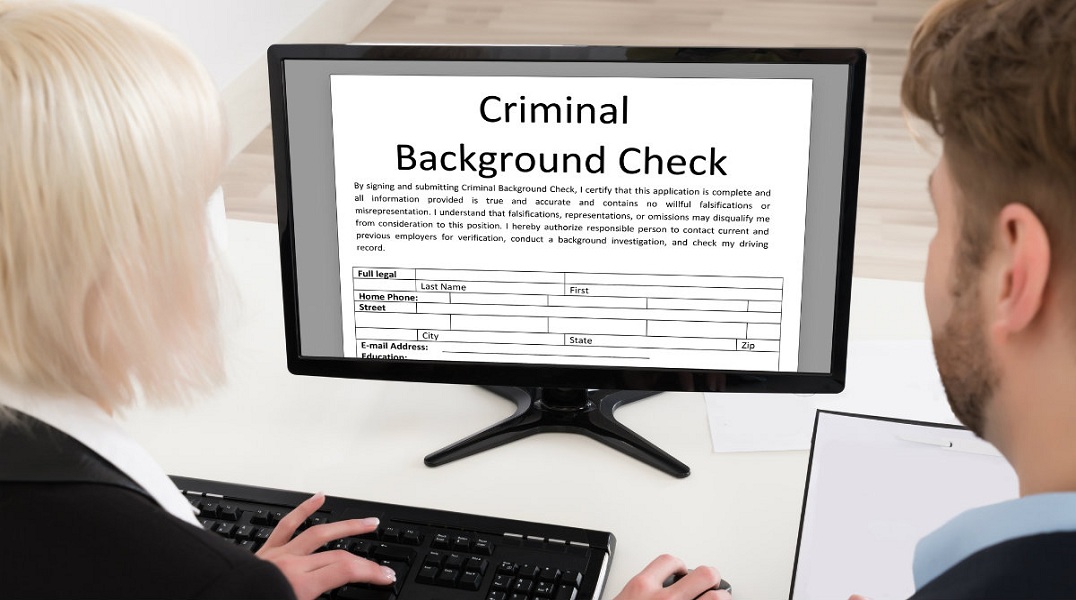The Consequences of a Criminal Conviction: How to Clean Your Name and Keep It in Good Standing

Discover what Olivia is talking about from Parenting to Entertainment…
A person’s criminal record is the report that includes any prior convictions or charges a person may have received. When someone has a “criminal record,” it typically means they have been convicted of some type of crime and the record of what happened can be discovered by conducting a people search in the area’s public records.
When it comes to a person’s criminal record, they can learn more from Criminal lawyers. However, there is also more information found below.
What Is Included on a Person’s Criminal Record?
While this is not a comprehensive list, some of the things that may appear on a person’s criminal record include felony offenses, dismissals of cases, misdemeanor crimes, sentences from a criminal conviction, convictions, arrests, and parole violations. If someone has a criminal record, it can have a huge impact on their life. It may prevent them from being able to get a job, rent an apartment, get custody of their children, or other negative effects. Because of this, many people with a criminal record want to have their criminal record cleared.
Criminal records can be cleared in two ways. The record can be sealed or the crimes a person was charged with can be expunged. The main difference between these two is that sealing the record will close off the record from anyone being able to access it. With an expungement, it would make it as if the arrest or conviction never existed.
Also, read 5 Things a Lawyer Won’t Tell You
What Can Be Cleared from a Criminal Record?
Every state has unique requirements and laws for figuring out if a person’s criminal record is eligible to be cleared. Because of this, the rules and procedures involved will vary based on the state.
However, there are a few factors that are going to remain the same in most states. This includes things like completing a rehabilitation program or paying the required fines before someone can be considered for clearance.
Also, there are some situational elements that the court may consider when trying to determine if someone is eligible for having their record cleared. For example, is the person a first-time or a repeat offender? It also needs to be considered the amount of time that has passed since the crime was committed.
It is important to remember that not all crimes are eligible for removal. Usually, the more serious the crime is, the less likely it will be eligible to be cleared.
Felonies (rather than misdemeanors) will usually present the most serious challenge when it comes to having them removed. In fact, these can only be removed if the crime is considered a minimal felony. Usually, the following felonies will not be eligible to be expunged. This includes violent felonies (includes first-degree murder or weapons charges), child pornography, felonies that were committed against someone who is a minor, and sex-related crimes.
How Can a Person Begin the Process to Clear Their Criminal Record?
For idaho arrest records, check out the Idaho Records page to determine if their criminal record can be cleared or not will depend on the laws of a specific state and the crime a person has been charged with. As a result, a crime that can be cleared from someone’s record in one state may not be entitled to this privilege in a different state. In most cases, the steps to having a criminal record cleared are going to include some of the following procedures.
The first step is to investigate the local laws to see the types of crimes and other requirements needed to be considered for expungement. If someone believes they are eligible, they can request that the court clears their record by filling out and filing the needed paperwork and by adhering to the necessary procedures according to the laws in the state. Once the court receives the files, they will investigate the individual’s criminal history to determine if they qualify for expungement.
The court will also hold a hearing to review the findings. However, this is not always necessary. It is a good idea for a person to attend the hearing, but sometimes, this is not required. In other cases, it will be mandatory for the individual to attend. During the hearing, the court will typically provide their decision regarding if they are going to deny or grand the record clearance request.
It is a good idea to keep in mind that just because the court has granted the request, it will not mean the record will not come up again. There are some situations where it may be needed to disclose a person’s criminal record, even once it has been expunged. For example, if a graduate school application requests this information or if a government agency requires that it is reported. As a result, it is important to remember this even if a person’s record has been cleared.
Is Sealing a Record the Same as Clearing the Record?
In most cases, sealing a person’s criminal record is not the same as having the record cleared. If a record is just sealed, it means that the record still exists somewhere and that people with certain credentials, such as prosecutors or parole officers can still access it. If these parties do not have immediate access to these records, they can request this access by getting a court order.
One of the biggest benefits offered by having a person’s record sealed is that it will not be available for people in the general public to view it. As a result, people such as employers are not going to be able to access the record through a typical public record search.
Another situation where having a public record sealed is if someone has been charged as a juvenile. Usually, a state will seal the juvenile criminal files when they turn 18; however, they will still have to meet specific requirements. For example, showing good behavior, not having any other crimes, and more. This is the only way the person will be eligible to have their records sealed.
On the other hand, having a person’s criminal record cleared means that the record is going to be deleted in a manner so that it is as if it never existed. The record, at this point, is going to be removed from all public record searches and from being accessed by the public. Put simply, the individual will have the legal ability to claim they were never convicted of the crime that they are being cleared of.
Again, this is going to be dependent on the circumstances and the state’s laws. In most cases, the crimes that are able to be expunged from a person’s criminal record include all types of nonviolent crimes, such as misdemeanors, some of the lesser felonies, situations where the person is a first-time offender, and in situations when the defendant was wrongfully convicted.
How Does a Person Know if Their Criminal Record Was Cleared?
One of the best ways to check and find out if a person’s criminal record has been cleared is by conducting a search online. A criminal charge or record that is cleared will not show up when a public records search is conducted. It is possible for individuals to see if their record is still viewable on different court websites or they can request a background check from private companies that do these (keep in mind, this may be offered for a fee).
However, as mentioned above, most of the states are going to adhere to the rule that a juvenile’s record is able to be sealed when they reach the age of 18. However, remember that not all states will adhere to this rule, and having a record sealed instead of expunged means that the record will still exist and that it can be accessed by some people.
While this does not mean the record is completely cleared, having a person’s juvenile record sealed is one of the best ways to limit how available it is. Also, in any state that follows this rule, people are going to have more certainty that the record was sealed because this is the law in these areas.
It is also important to remember that misdemeanors and felonies are typically going to remain on a person’s criminal record until the person requests that it is removed in the court and the court has granted it. There is some information that may be more difficult to find and access as time passes, such as an arrest that occurred more than seven years ago and any type of non-conviction charges. There are some states, such as Washington, Colorado, and California (among others) that will limit the overall criminal record data if it is more than seven years old and if it does not involve any type of felony conviction.
If someone wants to have their criminal record cleared, it is a good idea to work with an attorney. This is going to give them the best chance possible of having this done successfully, regardless of the charges on their record.
What's Your Reaction?
Discover what Olivia is talking about from Parenting to Entertainment & all of the in between. Activities for Kids, DIY, Health & Fitness, Giveaways & More..



